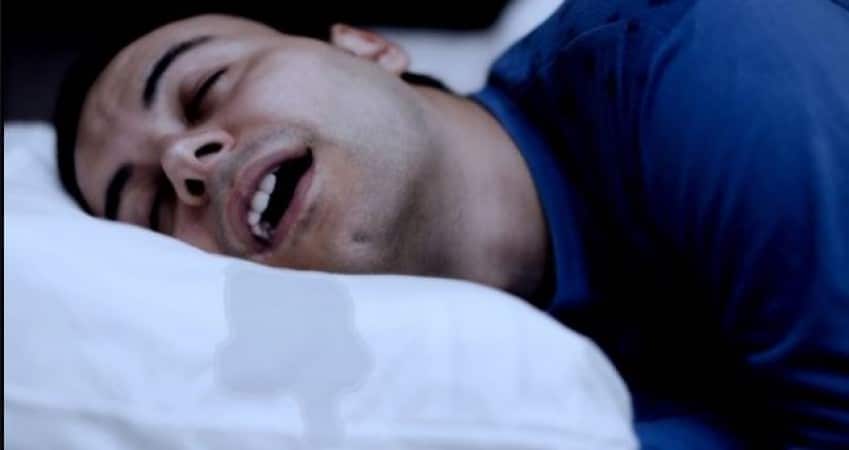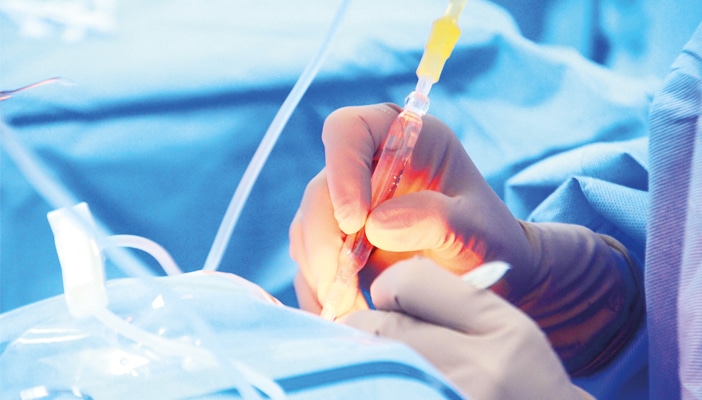Dry mouth, also called “dry mouth syndrome,” is a condition that can happen when people don’t drink enough water or eat healthy foods while they sleep. This can lead to problems such as difficulty breathing and a dry mouth that feels uncomfortable.
There are a few ways to prevent dry mouth while you sleep, and eating healthy foods is one of them.
There are various reasons for this while sleeping. The most common ones are dehydration, medications, and sleep apnea.
The first step is to drink more water throughout the day. This will help you avoid this while sleeping. If you have a chronic condition like diabetes or you take certain medications, then talk to your doctor about the best course of action for you. If your mouth is dry, it is due to sleep apnea, then it is important that you get tested and treated for this condition as soon as possible.
Also Read: Why Should You Be Eating Organic?
The symptoms of sleeping with a dry mouth are rather clear. What isn’t always evident is what causes it or how to avoid it. After all, you’re sleeping, so you can’t monitor and figure out what’s going on.
Let’s look at what dry mouth is, what causes it, and how you can prevent or at least alleviate it.
What is a Dry Mouth?
Dry mouth, also known as xerostomia, is a medical disorder affecting the salivary glands of the mouth. It causes you to create insufficient saliva to keep your mouth moist and is distinguished by this lack of saliva. You may generate some saliva but not enough, or you may create no saliva at all.
Although the dry mouth is a medical disease, it does not usually emerge on its own. It is frequently caused by another medical illness, such as Sjögren’s syndrome or another autoimmune disease, or by factors such as dehydration, pharmaceutical use, or chemotherapy. This is why it’s critical to take action to address the source of your dry mouth.
Symptoms
If you have dry mouth at night, you may have some or all of the following symptoms:
- Needing to drink water frequently during the night
- Wake awake because you can’t get a breath out of your mouth because it’s so dry
- When you wake up in the morning, you have a painful throat.
- Chapped/dry lips
- An itchy, dry throat
- Bad breath in the morning or throughout the day or an accumulation of thick saliva in the morning
- A painful or sore tongue
Causes
What individuals fail to realize is that the simple cause is that they sleep with their mouths open too much. The following are the most common reasons for breathing through one’s mouth at night:
- A clogged nasal cavity caused by allergies or a cold (swollen tissues in the nose as a result of an irritation)
- Bite splints, dental retainers, and other mouth ware
- Sleep apnea and therapy methods for sleep apnea, such as a CPAP mask
- Different breathing difficulties caused by other disorders
- Dehydration (often as a result of excessive consumption of alcohol or caffeine)
It can also be caused by drugs, such as:
- Medication for high blood pressure
- Antihistamines
- Decongestants
- Medication for pain
- Diuretics
- Beta-blockers
- Anti-hypertensive
- Relaxants for the muscles
- Antidepressants
Why is My Mouth So Dry When I Wake Up?
There are several causes for this. The body normally produces less saliva at night than it does during the day, for one thing. This implies that any saliva you may produce at night decreases even further.
As was already said, another factor is that at night, people frequently breathe more deeply through their mouths. The mouth becomes even more parched as a result of the air drawn into and out of it.
You’re sleeping, along with these other elements. You are awake and conscious when your mouth begins to feel dry during the day. In an effort to prevent having a dried mouth while awake, you might also take the extra step of drinking more water.
How to Prevent Dry Mouth during the Night While Sleeping
It’s wise to follow certain DIY (do it yourself) remedies at home that might assist you in avoiding the nighttime effects of dry mouth. While determining the underlying cause is crucial, in the interim you can attempt the following strategies to alleviate your symptoms:
- Avoid using tobacco by using a humidifier in your room at night to assist increase the air’s moisture content.
- Try to avoid eating anything spicy or acidic for dinner. Eat dinner before bed.
- Increase your water intake to stay hydrated.
- Before visiting, experiment with menthol rub, nasal spray, or nasal strips.
- Throughout the day, chew sugar-free gum (gum triggers the saliva glands to produce more saliva)
- Make sure you are brushing and flossing properly and taking good care of your mouth and teeth.
- Limit or avoid consuming alcohol, caffeine, and using tobacco, and other drugs.
- Use a mouthwash to prevent dry mouth.
- Use fluoride-containing toothpaste and/or mouthwash.




